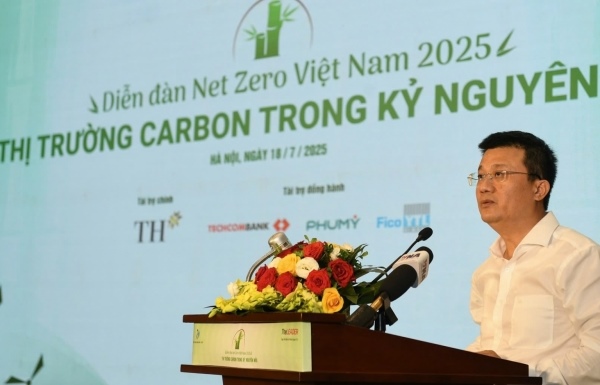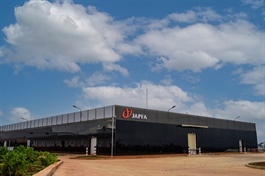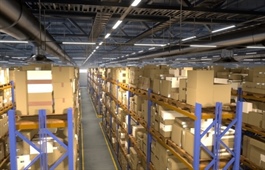Carbon trading platform set for trial run by end of year
Carbon trading platform set for trial run by end of year
Vietnam is expediting efforts to establish a carbon market, aiming to launch a pilot phase by the end of 2025 as part of its broader climate agenda and net-zero emissions commitment by 2050.
Speaking at the Net Zero Vietnam Forum 2025 on July 18, Dr. Nguyen Tuan Quang, deputy director general of the Department of Climate Change under the Ministry of Agriculture and Environment, said the carbon market would play a pivotal role in realising Vietnam’s international commitments.
"Vietnam must accelerate this transition to ensure compliance with international commitments and create economic opportunities for low-carbon industries," said Quang.
|
The country has so far issued over 40.2 million carbon credits from around 150 projects for international trading. It also ranks among the world’s top four countries in Clean Development Mechanism (CDM) registrations, following China, Brazil, and India.
The carbon market is anchored by a roadmap issued by the government following Prime Minister Pham Minh Chinh’s pledge at COP26. It is built on five strategic pillars: energy transition, efficient energy use, carbon capture and storage, ecosystem restoration, and carbon pricing. The carbon market is seen as a central component.
From 2025-2028, Vietnam plans to trial the domestic carbon market, with full-scale operations and international connectivity slated for 2029. Key legal foundations include Decree No.06/2022 and the revised Decree No.119, issued in June.
In parallel to that, the Ministry of Finance submitted a draft decree in January proposing the establishment of a national carbon exchange. The proposed platform will facilitate the trading of carbon credits based on local regulations, while adhering to international frameworks such as the Paris Agreement (Articles 6.2 and 6.4) and recognised voluntary standards including Verra and Gold Standard. All credits would be centrally registered to ensure transparency and oversight.
The Ministry of Agriculture and Environment is also working on a decree governing the international exchange of emission reductions and carbon credits, with relevant ministries racing to finalise the necessary legal and technical infrastructure for the 2025 pilot.
According to Quang, Vietnamese businesses are already under growing pressure to comply. Domestic airlines will need to secure 2.3 million carbon credits in the next five months to meet aviation offset requirements under the Carbon Offsetting and Reduction Scheme for International Aviation, while shipping companies must align with UN maritime decarbonisation targets.
In addition, the EU’s Carbon Border Adjustment Mechanism poses a significant risk for exporters. Without a domestic pricing and offset mechanism, companies could face carbon-related costs of 20-35 per cent of product value or be forced to purchase expensive international credits.
According to the World Bank, Vietnam has issued over 22 million carbon credits under the Verra and Gold Standard schemes since 2003, with more than half of them issued in the past year. CDM-linked projects have generated and traded over 40 million credits to date.
- 16:35 18/07/2025




























